Misquoting Muhammad: The Challenge and Choices of Interpreting the Prophet’s Legacy (Islam in the Twenty-First Century)
£0.90
Few things provoke controversy in the modern world like the religion brought by Prophet Muhammad. Modern media are replete with alarm over jihad, underage marriage and the threat of amputation or stoning under Shariah law. Sometimes rumor, sometimes based on fact and often misunderstood, the tenets of Islamic law and dogma were not set in the religion’s founding moments. They were developed, like in other world religions, over centuries by the clerical class of Muslim scholars.
Misquoting Muhammad takes the reader back in time through Islamic civilization and traces how and why such controversies developed, offering an inside view into how key and controversial aspects of Islam took shape. From the protests of the Arab Spring to Istanbul at the fall of the Ottoman Empire, and from the ochre red walls of Delhi’s great mosques to the trade routes of the Indian Ocean world, Misquoting Muhammad lays out how Muslim intellectuals have sought to balance reason and revelation, weigh science and religion, and negotiate the eternal truths of scripture amid shifting values.
Read more
Additional information
| Publisher | Oneworld Publications (7 Aug. 2014) |
|---|---|
| Language | English |
| File size | 15895 KB |
| Text-to-Speech | Enabled |
| Screen Reader | Supported |
| Enhanced typesetting | Enabled |
| X-Ray | Not Enabled |
| Word Wise | Not Enabled |
| Sticky notes | On Kindle Scribe |
| Print length | 388 pages |
| Page numbers source ISBN | 178074420X |

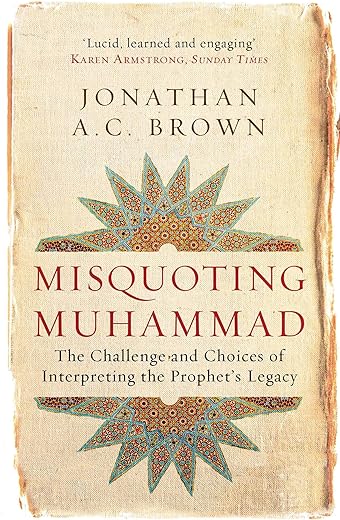
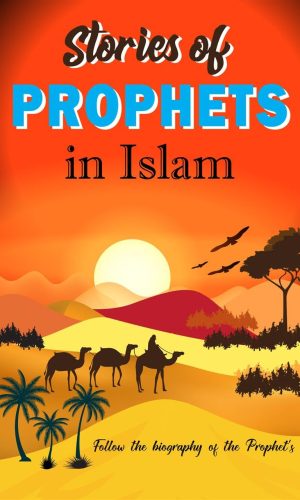
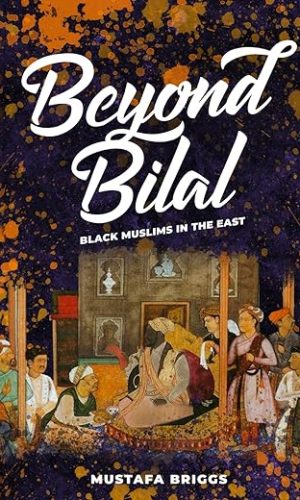
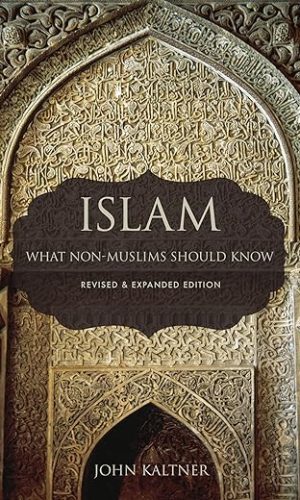
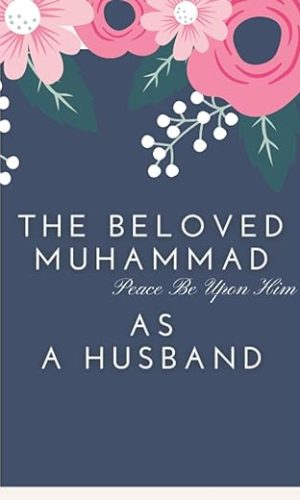
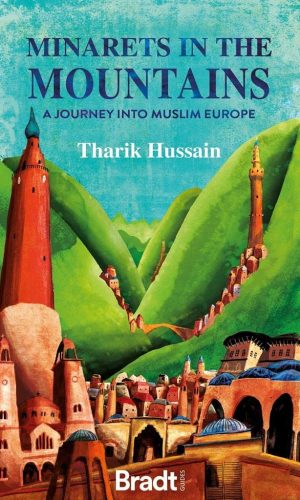

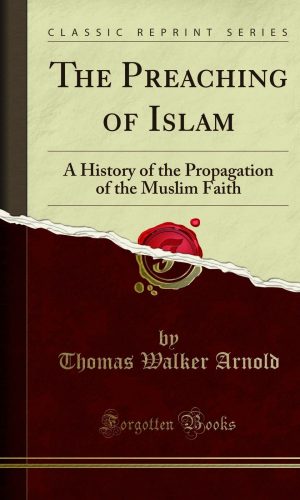
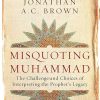
by Jan. M
I could not put this book down. A December walk through the English countryside on a rare day with glorious blue skies and sunshine was interrupted by my incessant desire to keep reading.
It is not for the faint hearted Muslim but a necessary read for anyone searching to understand how prophet Muhammad’s teachings were interpreted. Do not be deterred by the the title as the author explores issues with honesty and a surprising impartiality. You will no doubt experience some unease reading about spiritual texts that are associated with controversy in the West.
The author describes the different ways in which historical and contemporary scholars across the Islamic world have attempted to offer palatable interpretations to some of these texts.
What struck me as a lay reader is how scholars have faced uncertainty in the private realm yet despite this some have fallen victim to preaching with a dogmatic certainty that can hinder further exploration.
Comparisons are also made with the interpretative challenges faced within Christianity.
However the multiplicity of interpretation made by the general laity that maintains the faithful in the everyday moments of life is not explored.
Whilst such interpretation may differ in approach from formal scholarship, creative answers to some of the thorny issues may arise if only there were more open engagement and honesty with the laity when attempting to reconcile the teachings of Islam with the demands of the ever changing albeit modern world.
Perhaps another book for Brown to contemplate.
by Simon Crutchley
This book is a comprehensive and readable account of the use of hadiths (attributed saying or actions of the prophet) to explain the Koran, written by a muslim who is a ‘western’ academic. There are fascinating discussions about the need for interpretation over the role of direct reading of the Koran (and comparisons with Luther’s Christianity), and a good explanation of how weak (from a point of hadith scholarship) many of the sources for controversial Islamic practices are, despite their frequency. However at times this seems like an account of medieval christian thinkers debating how many angels can dance on the head of a pin…
The book needs to be read for what it is: an account of academic debates concerning reports of the actions of Mohammed, the self-confessed ‘perfect man’ and the islamic teachers drive to imitate him in every way possible (down to the exact motions of his hands when praying, which occupies quite a chunk of one chapter a debate which occasioned violence). At it’s heart, however, is a large black hole and this is odd for scholarship coming from America. If Muslims are exhorted to imitate Mohammed in every way, and research is carried out to make that more possible, the characer of Mohammed is put in centre of frame. This is not something Islamic scholarship likes.
No muslim can criticise Mohammed or the Koran (and to do so in a public space means that other muslims may try to kill you) so there is no discussion of the person who muslims are meant to base their conduct on. A slaver, a man who kept women prisoner to have sex with them, who conducted raids on merchants and stole their goods and so on, however much that was a norm for the times (anti-semitism was a norm for thirties Germany). Actions that would be labelled criminal in 21st century western countries are put into moral quarantine. Slavery is a hot topic in America (not only in history but in the present, through the use of cheap – largely black – labour in prisons overpopulated with black males) and Fritzl and others who have imprisoned women for the purposes of sex are seen as monsters in the west. There can be no critical discussion of Mohammed’s actions here. There is a large discussion on whether the devil farts and whether eating flies is a good cure for disease (Mohammed thought it was so) – all attested to in the hadiths. At times it becomes a little like a very academic (but entertaining) Monty Python sketch. Irony and comedy are not particular strengths of Islamic thought, even in western converts.
There is a discussion of the controversy surrounding Mohammed’s uxoriousness and his consummation of his ‘marriage’ with Aisha who was nine at the time, and much use is made of ‘orientalist’ comments that women ‘mature more quickly in hot climates’ (without any irony – obviously). However other aspects of his behaviour are not discussed so there is a very selective process going on here – this is something one would expect from a convert to Islam: the cognitive dissonance between worship of a slaver and today’s abhorrence of the process must be colossal. There is also a bias that western imperialism (cultural or physical) is bad but that islamic imperialism isn’t (there is a good argument that Islam was imperialist from inception) and that there is moral equivalence between practicing slavery and abolishing it.
Hadith scholarship is about determining provenance of a saying about Mohammed, and how that saying can be used as ‘a lens’ through which to view the Koran, which is surprisingly silent on what most consider Islam to be. Much hard work has gone on throughout centuries in this exegesis.. however within a narrow frame. It is a given that the ultimate truth was given expression by a seventh century male in a violent, misogynist slaver culture, and filtered through the lens of his consciousness.
So if you agree that Mohammed was perfect, that the Koran is the inviolable word of a divine being and that muslims must emulate him, then this is a valuable discussion of the processes involved in better doing so… However, morality is suspended… The omission of slavery is a huge problem: Islam is best understood as a network of slave relations, with Mohammed as God’s slave, women and children as men’s slaves etc – a book written by someone who has no opinion on slavery (in the American academic context) has to be taken with a grain of salt.
Merely detailing the process by which things happen, without any critical overview is a somewhat dangerous position. Applied to other belief system-power constructs (Mao, Hitler etc) it would be a fatal flaw. However that is just a ‘western viewpoint’ and what does the west know in the face of omniscient divinity?
Once you put it’ ideological and analytical flaws aside, this book is well written and learned and if you suspend disbelief (or engage uncritical belief) it is entertaining and a surprisingly good read. I would never have thought that discussions about academic debates over diabolic flatulence would be gripping (there is no comedy here) but they are. It goes a long way to explaining the islamic mind, for better or for worse.
by A Lump Of Green Slime
I just wanted to briefly add to the praise that this book has already received. Obviously, one expects weighty scholarship from any academic specialist, but the erudition on display here is simply breathtaking. To master the territory staked out by Brown involves not only the requisite mastery of Arabic, but also a familiarity with the voluminous history of Islamic jurisprudence and hadith criticism across the Muslim cultural spectrum. Brown’s formidable but eloquent and highly readable exposition is an excellent introductory guide to this vast field, and I would recommend this title without hesitation. It is particularly useful when it comes to some of the more controversial issues that are in the foreground of debate about Islam: the Prophet’s marriage to Aisha, the hudud punishments, the sword verses, the geographical limits of ‘the Peninsula of the Arabs’ (which is important for understanding the motivations of Osama bin Laden), the legitimacy of domestic violence, women leading Juma prayers, apostasy, the alleged rewards of martyrdom,riba, anti-Semitic sentiment in the sahihain, and so on. As a schoolteacher I very much appreciated Brown’s treatment of these topics as most of them have the potential to be raised by students. I now feel a greater confidence in my ability to discuss them.The only slight critical observation I would make is that in the Appendixes, the Arabic term used to classify the status of a hadith as ‘good’ (hasan) was left untranslated, and I couldn’t track it through the index and so had to go online to discover the meaning. But this is a very minor quibble.